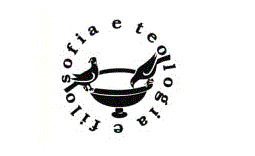


Il saggio esplora le ragioni che nell’orizzonte culturale della tarda Modernità – anche sulla scorta delle acquisizioni speculative delle tre grandi dispute filosofico-teologiche dell’età kantiana (Pantheismusstreit, Atheismusstreit, Theismusstreit) – inducono a una trasformazione della Denkform teologica, svolgendo il monoteismo della tradizione in direzione di un «Panentheistic Turn», verso cioè un panenteismo che sappia salvaguardare l’auto-identità di un Dio che trascende il mondo, senza escludere con ciò un divenire di Dio nell’universo e sappia inscrivere la differenza, e anche la stessa personalità di Dio e dell’uomo, sullo sfondo di una più originaria unità.
Parole chiave: Pantheismusstreit, Atheismusstreit, Theismusstreit, panenteismo, panentheistic turn
This paper investigates the reasons that – within the horizon of late modernity, and based on the speculative acquisitions of the three major philosophico-theological disputes of Kant’s era (Pantheismusstreit, Atheismusstreit, Theismusstreit) – lead to a transformation of the theological Denkform giving traditional monotheism a «Panentheistic Turn» towards a panentheism capable of protecting the auto-identity of a God that transcends the world, without however excluding a becoming of God in the universe and that is able to inscribe the difference, and even the personality of God and man, on the background of a more primal unity.
Keywords: Pantheismusstreit, Atheismusstreit, Theismusstreit, panenteism, panentheistic turn